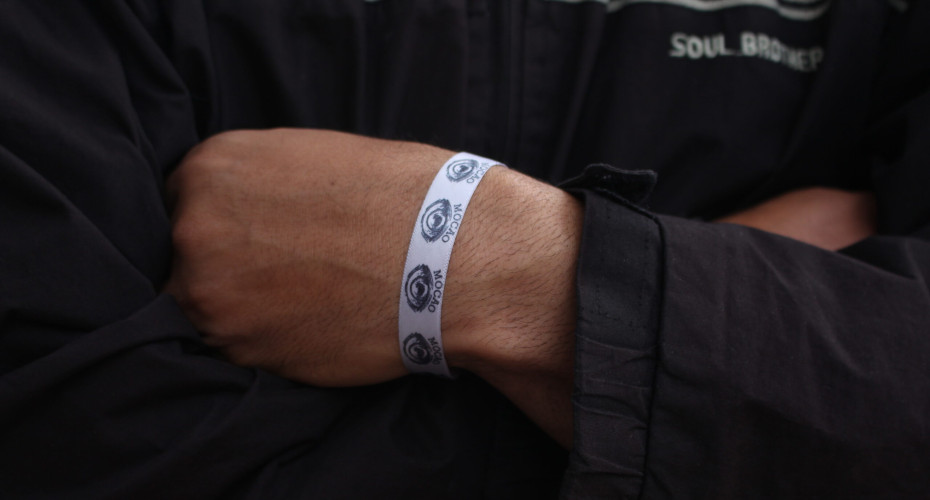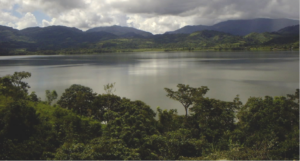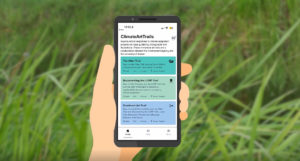Powerful story of survivors of eye mutilation to premiere in England

MOCAO brings together survivors of ocular mutilation during protests
The powerful story of Colombian protestors who were victims of life-changing ocular injuries will be shown in England for the first time.
Demonstrators in the country have been met with heavy-handed police repression, with tear gas canisters and rubber bullets seemingly aimed at their eyes.
The tale of one group of victims, who were protesting three years ago over socioeconomic inequalities, tax reform, ongoing violence, environmental harms, and a lack of social support amid the COVID-19 crisis, among other issues, is told in a film made collaboratively by MOCAO, the national eye trauma survivors’ group, and Lucía Guerrero Rivière from the University of Exeter.
The documentary, Reborn Eyes: Story of a Movement in Resistance, follows members of MOCAO and their everyday individual and collective struggles. It will be shown at the Exeter Phoenix on Saturday, 16 March, with support from the Justice and Violence Studies Network at the University of Exeter.
The project, which was part of Lucía’s PhD research at the University of Exeter, has supported her participants in voicing their demands for justice and sharing their collective experiences.
MOCAO, formed in 2019, brings together survivors of ocular mutilation during protests from all over the country.
Lucia worked closely with Juan Pablo Fonseca, spokesperson of MOCAO, Carlos Garzón, an experienced filmmaker, and Daniela Buriticá, a psychologist who works with survivors of police violence and political prisoners. The documentary team travelled across Colombia, including to Cali and Medellín, visiting places that had been important for members of MOCAO based there and documenting some of their everyday activities. Some of the footage was filmed by survivors themselves. MOCAO aims to produce more audiovisual accounts of their practices that can help them connect with and support other survivors’ initiatives around the world.
Lucia won the first National Centre for Research Methods Impact Prize for her work on the documentary. Funding for the project came from the Wellcome Centre for Cultures and Environments of Health, where Lucía is based.
The documentary was screened for the first time on 27 November 2023 at the Centre for Memory, Peace and Reconciliation in Bogotá, Colombia.
Lucia said: “The process of filming the documentary has been central to my project and has helped me think carefully about the practicalities of conducting engaged research. Some of the group members already had some basic photography and film knowledge, which they were able to strengthen and contribute during the filming process. They’ve said the process also helped them to think about their shared goals and identities, communicate more clearly and articulate more specific demands for justice in the long term, as well as share their strategies with other groups of police violence survivors around the world.”
Book tickets at: https://www.exeter.ac.uk/events/details/index.php?event=13729



